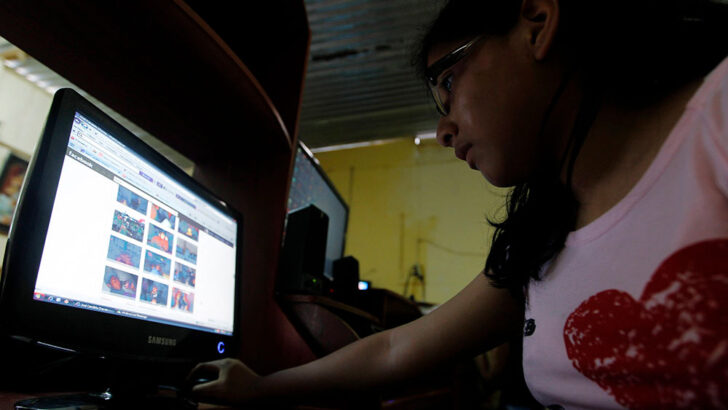Sr Anne Marie Walsh SOLT
“Your beliefs don’t make you a good person. Your behaviour does.” This is a meme that floats around Facebook every so often, but the idea has been around from the beginning of time.
It’s been noted that the devil believes in God but is no better off for it. Just as being in the presence of Jesus, as the Pharisees often were, did not benefit them much either because of their obstinacy and hardness of heart.
We often find this division in our own souls. We may sincerely believe something and yet keep it sectioned off somewhere in our minds where it has no real influence over our everyday life or behavior.
Perhaps we say we believe things, especially regarding our faith because we have some vague notion that we are supposed to believe those things. Yet they don’t influence our actions as they should.
Most of us would never want to be an occasion of sin for someone else. Yet we often are, if not by intent, then by carelessness and lack of awareness. This becomes, then, something to consider carefully in our own lives.
Awareness
A few examples can illustrate this. In our religious community, one unwritten rule from our founder is that we don’t drink alcohol.
This is not because alcohol in and of itself is evil or sinful. But it is because we don’t want to be a source of temptation to those brothers and sisters who have a weakness in this area.
Even before this, because alcoholism is generationally prevalent in my family, we had to come to the point where we agreed that there would be no alcohol at family gatherings.
There was a lot of resistance to this at first. Why should we suffer because someone else can’t stop once they start? Yet the overreaction missed the point that if we can’t come together and enjoy one another for a few hours without alcohol, we may have a problem also.
Modesty means behaving in a way that does not become a source of temptation to others”
This principle applies as well to the whole area of modesty. In this, we are sadly ruled all too often by the world’s norms and not by genuine concern for our own dignity and the dignity of others.
Modesty means behaving in a way that does not become a source of temptation to others. This is why we cover or veil ourselves in attractive or tasteful ways but in ways that are not suggestive or seductive.
We protect ourselves this way from the lustful eyes of others and the sinful overreaching that too much visible flesh can entice them into. If we want people to see our real person, we don’t blind them with too much physicality, which they won’t get past to the more essential things.
At the same time, we dampen the possible temptation that would come from dressing more provocatively. Telling the Lord we just wanted to be attractive will not hold much weight in the light of the destruction that sin brings with it, even if it wasn’t directly our own sin.
A third example has to do with anger. How many potential sins we can cause when we over-indulge our anger? Anger is a contagious emotion.
If we are not careful, we can incite anger in others, especially those who generally sympathise with us anyway. We can cause all sorts of gossiping, rash judgment, detraction, reputation destruction, and numerous other violations of charity.
Accountability
Imagine being held accountable for all the sins we have committed (and remember, Confession permanently wipes them away) but also for the sins we have caused others to commit.
These are areas that need to be examined; otherwise, we risk, as the Chinese proverb says, “burning false incense before a true God.”
There is no getting around the fact that we influence others for better or worse.
And today, being an ‘influencer’ has become a prize designation. In an age where influencers push worldly trends, our counter-witness must be as influencers that point immortal souls beyond this world to the eternity that awaits them.
This is to fulfill the real purpose of influence while preserving us from the guilt of causing sin in others.



